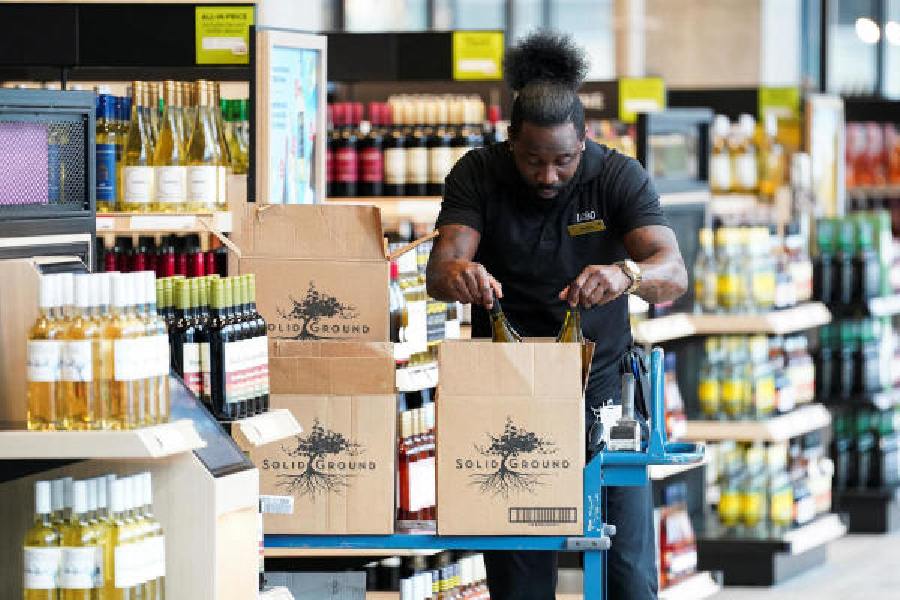The tariff war declared by US President Donald Trump seems to have triggered retaliatory response from customers in Canada, many of whom are apparently changing their taste and preferences, Reuters has reported.
Several Canadian provinces have taken US liquor off store shelves as part of retaliatory measures against Trump’s tariffs. Jack Daniel’s maker Brown-Forman’s CEO Lawson Whiting confirmed the phenomenon in the report, calling it “worse than tariff”.
The US President launched a trade war against America’s three biggest trading partners drawing immediate retaliation from Mexico, Canada and China, the developments creating unprecedented uncertainty for business.
A Reuters report noted that in several places, Canadians were steering away from US goods, sports events and trips following the recent imposition of tariffs as the measures from the US left them stirred.
“I mean, that’s worse than a tariff, because it’s literally taking your sales away, (and) completely removing our products from the shelves,” Whiting said, referring to the phenomenon of unavailability of Jack Daniels in some stores.
Canada accounted for only 1 per cent of the company’s total sales, Whiting said, so the company can withstand the hit.
He also added that the company would watch out for what happens in Mexico, which according to its annual report, made up 7 per cent of its 2024 sales.
While analysts across the globe are trying to gauge the impact of the tariff war on global trade, the report on how a section of Canadians have begun preferring domestic products assumes significance as it reinforces the textbook doctrine that tariffs end up creating trade distortions.
A Reuters report from Detroit — the hub of the automobile industry — suggests that tariffs on Canada and Mexico have sent the US auto industry scrambling to plan for the massive tax on some of America’s best-selling vehicles, including full-sized pickup trucks, while pinning their hopes on a potential deal in Washington.
Hours after the tariffs went into effect, the White House threw the industry a lifeline, saying many North American-built vehicles would be exempt if they already followed complex rules of the 2020 US-Mexico-Canada Agreement’s rules of origin, enacted during Trump’s first term.
“We are going to give a one-month exemption on any autos coming through USMCA... so they are not at a disadvantage,” White House press secretary Karoline Leavitt told reporters Wednesday. “Reciprocal tariffs will still go into effect on April 2.”
About a third of US pickups sold by American and foreign brands are manufactured in Mexico and Canada, according to research from Global Data.
While auto makers have expressed support for boosting US investment, they want certainty over tariff policies as well as vehicle emission rules before making dramatic changes, two sources in the automobile industry told Reuters.










